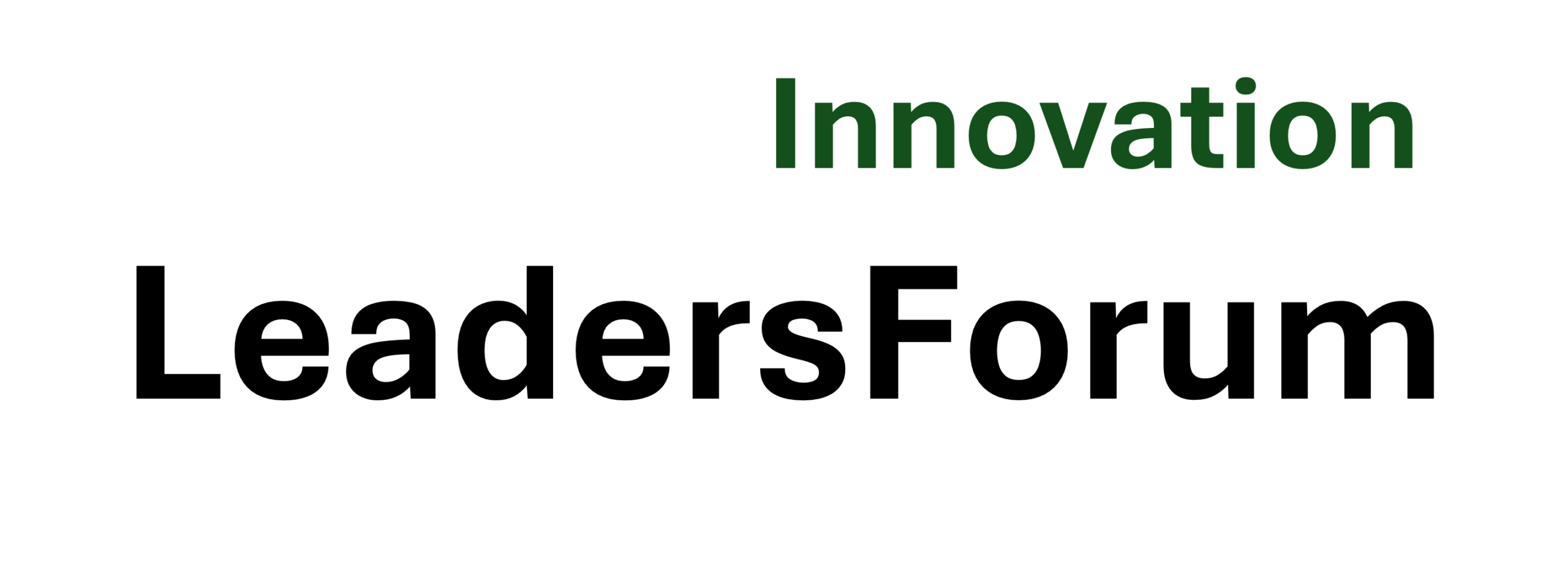Executive Summary – Podcast with Dr. Matthias Wilhelm (Lober)
As your host, Astrid Rohles, I had the pleasure of speaking with Dr. Matthias Wilhelm, Vice President for Plastics Recycling and R&D at Lober, a forward-thinking SME based in Bavaria. Our conversation explored how Matthias and his team are bridging the gap between applied research and industrial deployment in plastics recycling. Through pioneering projects like CreaSolv and SmaVoRec, Lober is tackling one of the most urgent challenges of our time: the sustainable management of complex plastic-paper composite waste streams.
Matthias highlighted the urgent need for robust political frameworks, market incentives, and public-private collaboration to scale these breakthrough technologies in time to meet the EU’s 2030 circularity targets.
Main Thoughts from Dr. Matthias Wilhelm
1. Drivers of Recycling Innovation:
- The primary driver currently is politics: EU regulations like the Packaging & Packaging Waste Regulation (PPWR) are pushing mandatory recycling quotas.
- Virgin plastic remains cheaper, undermining market incentives for recyclates despite sustainability pledges from industry giants.
2. Recycling Challenges:
- Traditional mechanical recycling fails to process the growing stream of paper-plastic composites.
- Lober’s CreaSolv and SmaVoRec initiatives, in collaboration with Fraunhofer Institutes and other Industry partners, aim to separate these materials using advanced physical and molecular techniques.
3. Technology Readiness vs. Scaling Bottlenecks:
- Lober has validated a prototype system (Technology Readiness Levels TRL 6-7) with 80-85% recovery rates of purified paper and plastic.
- However, scaling to TRL 8-9 requires €25-50 million investments, a challenge with little available funding at this “valley of death” stage.
4. Financing Gaps:
- Public funding is limited for pilot plants at TRL 8, despite political mandates.
- Private capital is hesitant due to infrastructure risk and lack of early off-take agreements.
- Strategic partnerships risk IP dilution, especially for SMEs.
5. Motivation and Business Model:
- Sustainability is not just a mission; it must be a viable business model.
- Matthias emphasized the importance of securing Europe’s material sovereignty by keeping resources in the loop and reducing dependency on imports.
Requests by Dr. Wilhelm
- Urgent support for TRL 8 infrastructure funding (national or EU-level).
- Industry commitment through long-term off-take agreements for recycled material.
- Greater recognition of the SME role in driving deep-tech circular economy solutions.
- Policy frameworks that bridge the innovation-financing gap ahead of the 2030 targets.
Call to Action for the Audience
Support innovation that matters. If you’re in policy, industry, or finance, now is the time to act. Let’s back the pioneers like Lober who are building the circular economy from the ground up. Reach out, connect, collaborate. 2030 is tomorrow.



